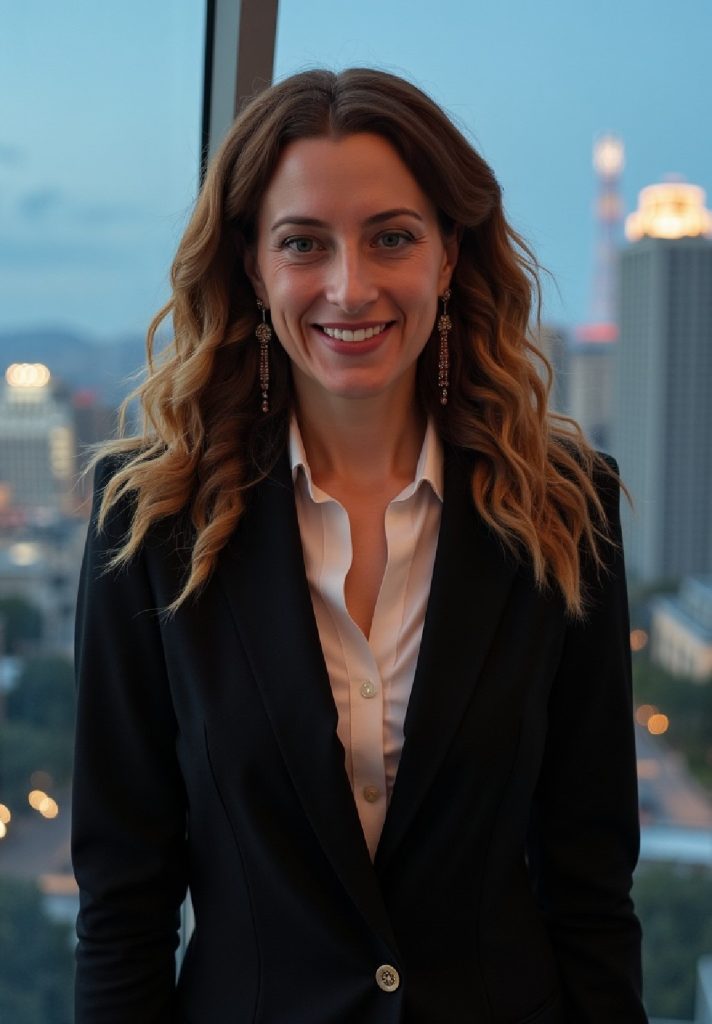With family military service connections that include her grandfather and her husband, Katie Bailey, MD, feels at home working for a VA hospital.
Dr. Bailey has been a neuroradiologist at James A. Haley Veterans’ Hospital in Tampa for 15 years. Her grandfather — who died at the hospital in 1987 — served in the Army in the 1940s, and her husband is an Army lieutenant colonel in civil affairs.
As a resident at the University of South Florida (USF) Morsani College of Medicine, Dr. Bailey performed a rotation at the Veterans’ Hospital and was inspired by the mission and by the patients she treated.
“I believe that anybody who’s willing to sign on the dotted line and serve our country deserves our utmost respect,” said Dr. Bailey, who’s also an associate professor at USF. “They deserve the best care that they can get and that I hope I provide.”
She said the biggest issue often is getting veterans in the door. Even her husband sometimes has to be convinced to get medical treatment.
“The sad thing is that a lot don’t come in for the care because it’s the military mentality: ‘I’m tough. I can see it through. I don’t need to see someone about this,’” Dr. Bailey said. “Unfortunately, it’s not that they can’t get in here. They often don’t come in until things are at a later stage.”
There are approximately 116,000 veterans living in the area who qualify to be treated at the hospital. Dr. Bailey said the ones who receive care there are thankful.
“There’s a great variety of patients and they’re all so grateful for the care they receive,” she said. “I haven’t had a single patient act entitled. Everyone I work with has been amazing.”
Her work isn’t just done in the reading room. There are times when she’s asked to explain imaging findings to patients and their families. The key is being empathetic and using language that people can understand.
“That’s where I can play a big part,” she said. “I can show them the scan and say, ‘This bright stuff is normal, this dark stuff is abnormal. This is what the brain should look like, and this is where we are.’ It gives them a sense of reality, but also a sense of hope because we can talk about neuroscience, we can talk about neuroplasticity.”
Medical education also rates high on her list of priorities. Dr. Bailey is the program director of the diagnostic radiology residency program at USF’s Morsani College of Medicine.
Just as she did, her residents rotate at the VA hospital, exposing them to a world of medicine they might not see elsewhere.
“What’s special about my program is that residents get to experience all parts of radiology,” Dr. Bailey said. “They get to work with private practice radiologists, they get to work with government radiologists, they get to work with purely academic people. They get to rotate at the cancer center and the children’s hospital. We want them to have a breadth of experience so that they can see what kind of job they want to do in the future. If you haven’t experienced it, how would you know what you like?”
Dr. Bailey serves her profession as an ABR volunteer. She’s chair of the committee that writes neuroradiology questions for the Diagnostic Radiology Qualifying (Core) Exam. Her passion for education drove her to apply for a spot by visiting the ABR’s website.
“I got picked and have had a great time,” she said. “Everybody has been so collegial. I continue to have a lot of fun writing questions.”
She was asked to take over as committee chair last year and jumped at the opportunity. Just like her work at the VA, the collegial nature of her volunteer duties is energizing.
“Our committee is like a family,” Dr. Bailey said. “We had our meeting in Chicago in September, and there was a lot of work getting done, but also a lot of laughs. People talk about their lives, they talk about great cases. It’s been so much fun. I highly recommend to anybody to volunteer for the ABR.”



